
This logo isn't an ad or affiliate link. It's an organization that shares in our mission, and empowered the authors to share their insights in Byte form.
Rumie vets Bytes for compliance with our
Standards.
The organization is responsible for the completeness and reliability of the content.
Learn more
about how Rumie works with partners.
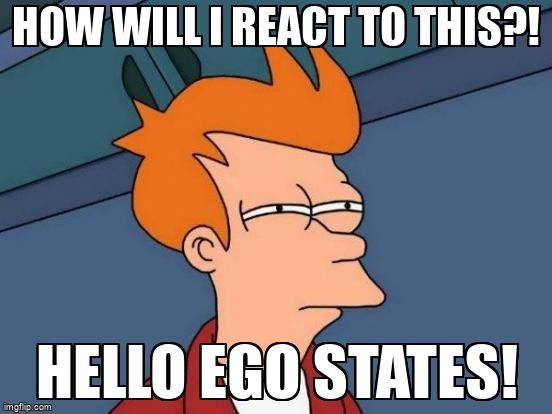
Our Ego States describe how we think, feel, behave, and respond to different situations we face in life.
The 3 Ego States were first defined by psychiatrist Eric Berne in the 1950s. Each Ego State refers to a state of being we might all experience while responding to our environment.
Understanding our Ego States and being aware of how they affect us can help us think and respond to situations in a healthier manner. It enables growth and positive change.
The Parent Ego State
We experience the Parent Ego State whenever we think and behave similarly to how our parents or caregivers did in our first years of life. We unconsciously internalize a set of feelings, attitudes, and behaviors from our parents.
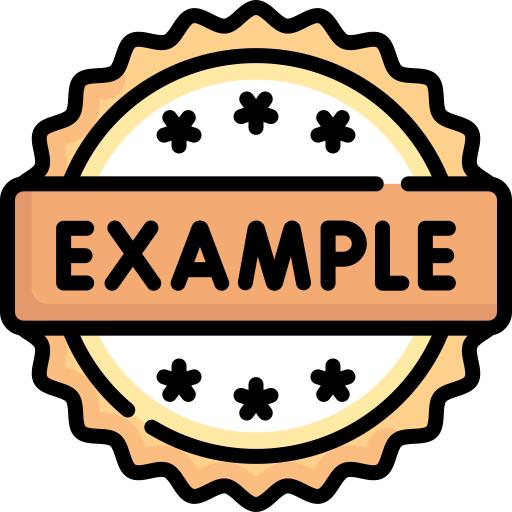
Sam and Deric are experiencing in these examples the Parent Ego State. They're responding to the environment in a way similar to their parents.
Sam & The Controlling Parent Figure
Sam's parents were very organized. All their plans were set in a monthly schedule. No exceptions were allowed once the schedule was set!

Now, Sam finds it hard to adapt to new situations. She likes to plan her outings ahead of time and does not like to try new restaurants. She always expects her friends to join her wherever she decides to go!
Deric & The Nurturing Parent Figure
When an argument took place, Deric's parents always expressed their emotions and modeled a supportive environment. They prioritized the family's emotional and physical well-being.
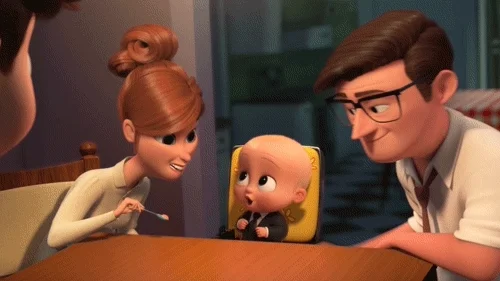
Now, Deric feels responsible for taking care of his friends. He is supportive and ready to help! When any of his friends get in trouble, he's the first one to offer comfort and support.
Quiz
Tom had controlling parents as a child. How might the Parent Ego State emerge in his life as an adult? Select all that apply:
Tom might react similarly to how his parents did. He might try to control situations and might not be able to compromise or be flexible.
The Child Ego State
We experience the Child Ego State when we think, feel, and behave in the same way we did when we were children.
The Child Ego State includes all the impulses that we were born with.
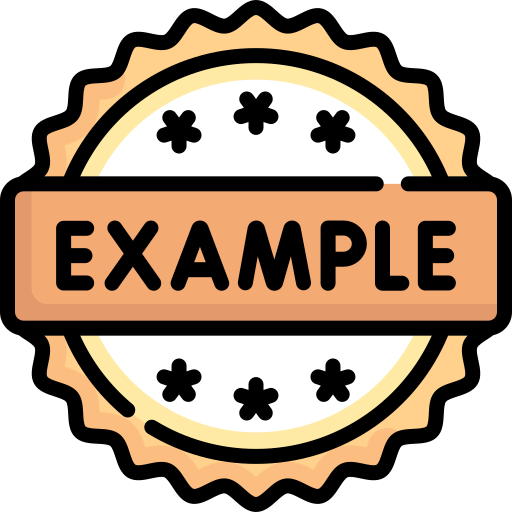
If Jane was used to getting whatever she wanted as a child, she would use the same strategies and persuasion as an adult. She would expect the same things as an adult.
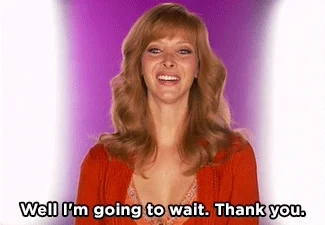
If Tom used to throw tantrums to get what he wanted as a child, he would use his anger and loud voice as an adult too.
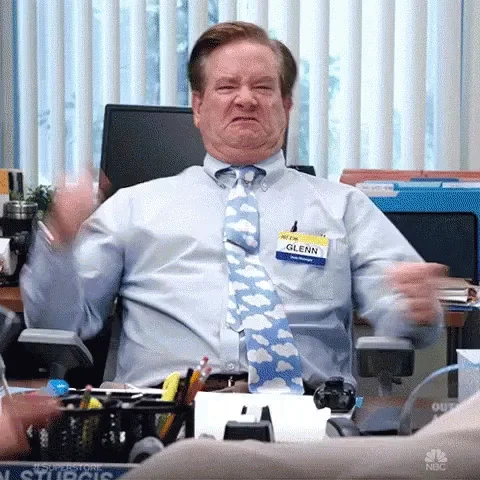
Quiz
Jane didn't get the raise she asked for in her job. Based on what you know about Jane's childhood, how would Jane react? Select all that apply:
Jane is used to getting what she wants and wouldn't settle for less.
The Adult Ego State
The Adult Ego State is manifested when we react and behave rationally.
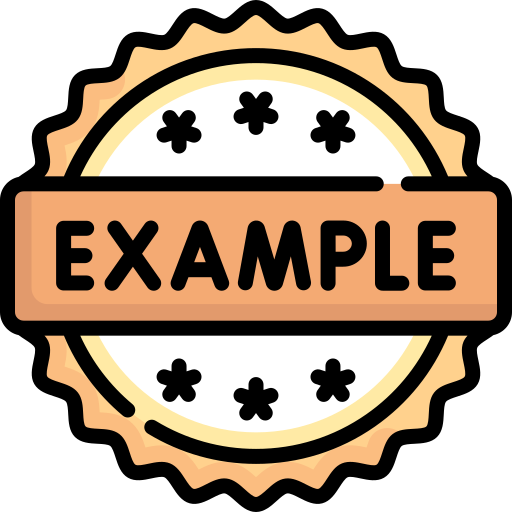
If Jack's boss criticizes him, he would discuss with his boss how he can improve his performance (Adult Ego State) instead of reacting with anger and frustration (Child Ego State) or instead of teaching him a lesson (Parent Ego State).
Ego State Exercise
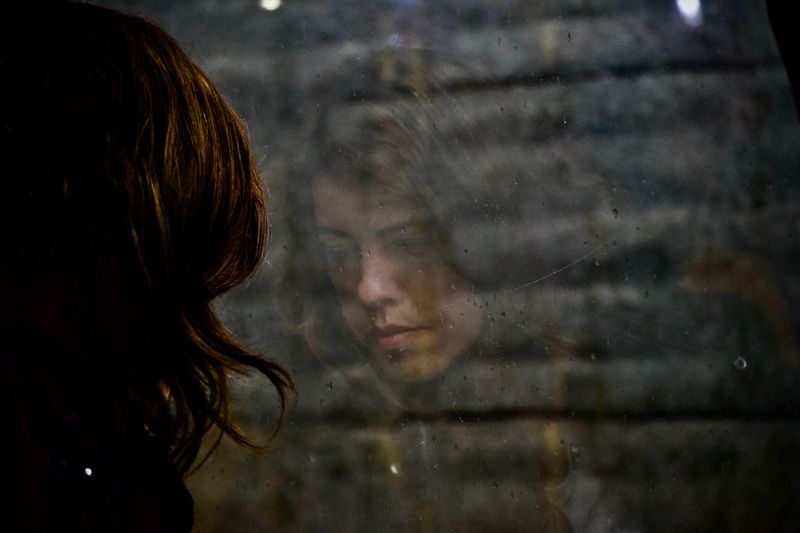 Photo by Tiago Bandeira on Unsplash
Photo by Tiago Bandeira on UnsplashThink of a problem you faced, then ask yourself:
What bothered me and how did I react?
Was my reaction similar to how my parent (or caregiver) used to think and behave?
Am I reacting in the same way I did when I was a child?
Was my reaction based on logical thinking? Did I use the best strategy to solve the problem?
Take Action
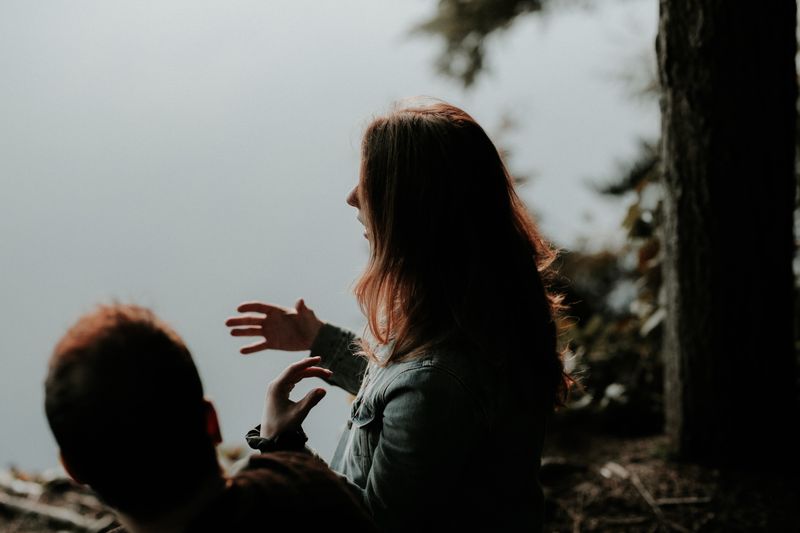 Photo by Priscilla Du Preez on Unsplash
Photo by Priscilla Du Preez on UnsplashOur Ego States affect our interactions and relationships.
This Byte has been authored by
Grace Alnajjar
Counselor - Content Manager
This Byte has been reviewed by
Lisa VanVleet
PhD, LCSW-S